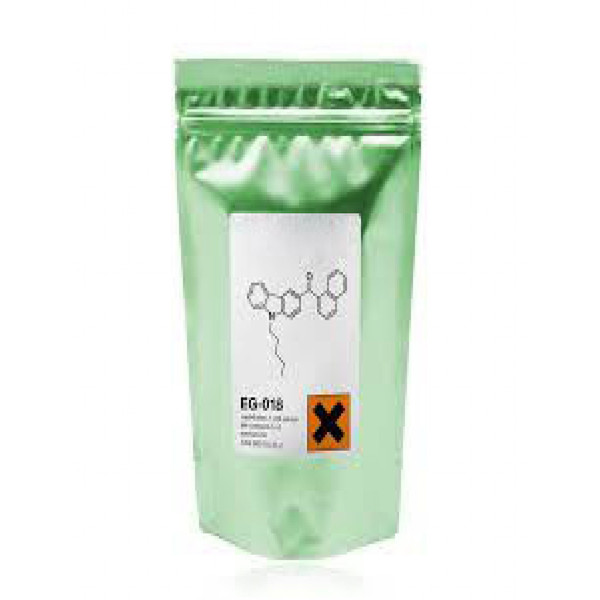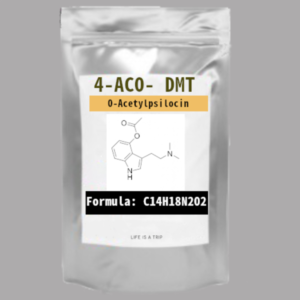Description
BUY EG-018 ONLINE
Eg-018 is a popular cannabinoid. JWH 018 is a synthetic cannabinoid consisting of an aminoalkylindole moiety and a naphthoyl group. EG 018 is an analog of JWH 018. Also, It has a benzene ring attached to the aminoalkylindole group, positioned adjacent to the naphthoyl group. The physiological and toxicological properties of this compound have not been evaluated. However, this product is intended for forensic and research applications. Eg-018
Synthetic cannabinoids (SCs) are potent cannabinoid recep–
tor 1 (CB1) and/or CB2 agonists in the brain [1, 2]. SCs,
such as AB-FUBINACA, were initially developed by Pfizer
Pharmaceuticals as potential therapeutic candidates for the
treatment of cancer pain and inflammatory pain [3]. How–
ever, SCs were first identified as drugs of abuse in Europe
2008, Japan [4] and shortly thereafter the United States [5,
6]. The underlying mechanism of SC abuse for recreational
purposes was attributed to its induction of cannabimimetic
effects like those of Δ9-tetrahydrocannabinol (THC), the
main psychoactive constituent in the cannabis plant [7]. As
alternatives to illegal cannabis, SCs are usually synthesized
by clandestine laboratories and sold on the Internet with
constantly changing brand names.
SC abuse can result in severe toxicities such as tachycar–
dia, hallucinations, chest pain, seizures, myoclonia, acute
psychosis, acute myocardial infarction, and even death—
with some patients dying before arriving at an emergency
department [8]. A serious SC outbreak occurred in Missis–
sippi, USA, in April and May 2015 resulting in 17 deaths
and 1243 emergency room visits [9]. Ingestion of the toxic
compound, identified in the news as a novel SC, required
intensive care unit admission for about 10% of patients.
In the US, the Centers for Disease Control and Prevention
stated that there were 3572 calls to poison centers within the
US from January to May 2015 due to SCs, a 229% increase
compared to the same period in 2014, with the Mississippi
outbreak accounting for 35% of all reports [10]. Unfor–
tunately, unlike synthetic opioids, SCs have no antidote
approved for human use, and there is no clear toxidrome
that signals the cause of intoxication. Unless the SC produc–
ing the toxicity is identified, it is challenging to tie adverse
effects to a specific SC and to educate the public about the
Technical Information
Formal Name
1-naphthalenyl(9-pentyl-9H-carbazol-3-yl)-methanone
Molecular Formula
C28H25NO
Formulation
A crystalline solid
- DMF: 20 mg/ml
- DMSO: 0.2 mg/ml
λmax
219, 234, 277, 299, 340 nm
SMILES
O=C(C1=CC=CC2=C1C=CC=C2)C3=CC(C(C=CC=C4)=C4N5CCCCC)=C5C=C3
InChi Code
InChI=1S/C28H25NO/c1-2-3-8-18-29-26-15-7-6-13-23(26)25-19-21(16-17-27(25)29)28(30)24-14-9-11-20-10-4-5-12-22(20)24/h4-7,9-17,19H,2-3,8,18H2,1H3
InChi Key
FJMMDJDPNLZYLA-UHFFFAOYSA-N




Reviews
There are no reviews yet.